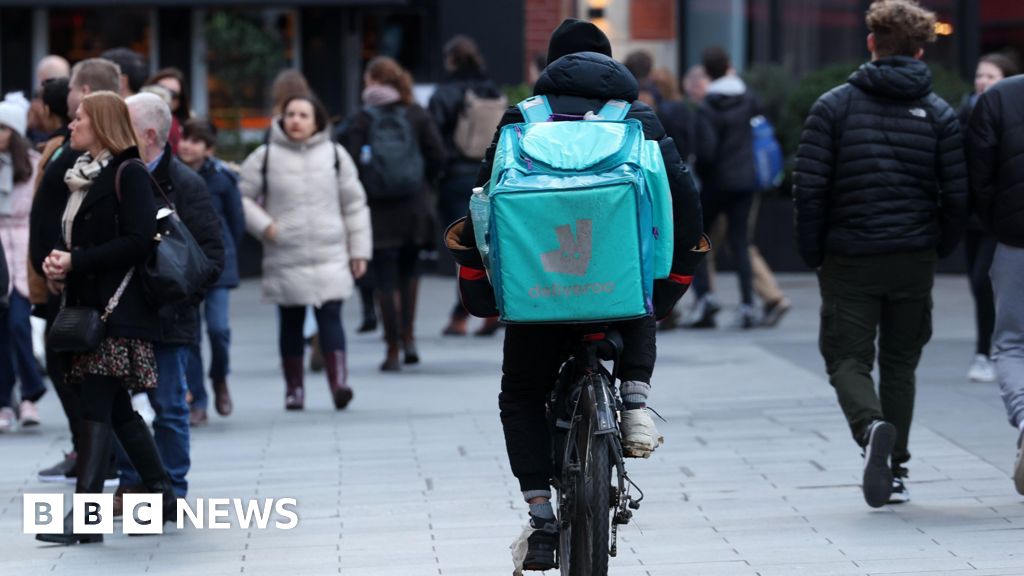Misinformation about climate change — spread by fossil fuel interests, politicians, and state actors — is delaying action and worsening environmental risks, a new analysis finds.
Damian Carrington reports for The Guardian.
In short:
- A sweeping review of 300 studies by the International Panel on the Information Environment found that climate misinformation — deliberate and accidental — is undermining trust in science and delaying policy solutions.
- The report says fossil fuel companies, political figures including Donald Trump, and state-backed campaigns, such as Russian troll farms, are major sources of falsehoods about climate science and proposed solutions.
- The United Nations and participating countries plan to launch new global measures to combat climate-related disinformation ahead of the COP30 climate summit in Brazil.
Key quote:
“If we don’t have the right information available, how are we going to vote for the right causes and politicians, and how are politicians going to translate the clear evidence into the necessary action?”
— Klaus Jensen, University of Copenhagen communications professor and co-lead of the International Panel on the Information Environment review
Why this matters:
Climate misinformation slows down the public support and political will needed to cut emissions and protect human and environmental health. Misleading narratives have falsely blamed renewables for blackouts, promoted fossil gas as a “clean” fuel, and fed conspiracy theories that stretch into absurdity. These tactics stall urgent decisions while the planet warms and weather extremes worsen. Targeted disinformation campaigns by industries and some governments aren’t limited to social media; they reach policymakers directly, shaping laws and public investment. As greenhouse gases rise, this war over truth is becoming its own driver of the crisis, turning delay into danger for air quality, food systems, and global stability.
Read more: Fossil fuel industry spreads misinformation to hinder global shift to renewable energy








 English (US) ·
English (US) ·